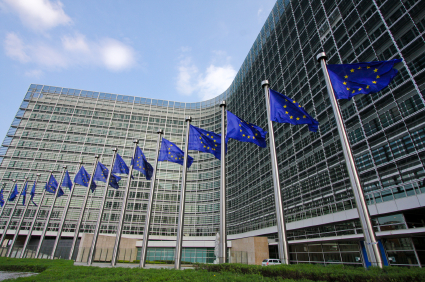The European Central Bank has injected €529 billion into the Eurozone through cheap 3-year loans. The first outing for the Long Term Refinancing Operation was hailed as a great success by ECB President Mario Draghi, with sovereign bond yields falling across the 17-nation bloc following the €489 billion of 1% interest 3-year loans. The second LTRO excursion is hoped to be the final tranche of cheap money, for although the improved liquidity is proving invaluable to struggling Eurozone economies, further fiscal ‘gifts’ could reduce pressure on governments and banks to shore themselves up.
A total of 800 banks took up the ECB’s generous offer which suggests that smaller banks were getting in on the action and could point to the funds reaching smaller businesses. Last time around the majority of the money was put into peripheral sovereign debt in a case of disguised quantitative easing. The ECB is barred from literally purchasing assets itself, but these liquidity boosts can prove to have the same effect.
Some investors have warned that low-cost liquidity could lead to currency devaluation, as was apparent with the US Dollar in 2008. The Dollar suffered as banks took the cheap money and invested it in more lucrative overseas assets, rather than reinvesting in the US economy as was intended.
Bank of England governor Mervyn King has refuted the idea that ECB intervention could help stimulate the real economy as the qualitative nature of the loans is discussed with more importance than the quantitative. “The idea that the long-term repo operations have eased the supply of finance to small businesses in the euro area is a myth. What it has done is to provide a source of funding to banks, particularly in the southern member countries of the euro area which were experiencing a bank run.”
The Euro to US Dollar Exchange Rate has fallen by 0.30% since the loans were taken out, and currently stands at 1.343 (11:55 GMT). The Pound to Euro Exchange Rate has also seen the Euro lose out by 0.36% and currently stands at 1.185 (11:55 GMT). The destination of the ECB’s latest cash injection should prove crucial in determining which way the markets go next; sovereign bonds and high interest deposits will give a dovish outlook for the Euro; whilst a rise in small business loans and mortgages will indicate a stronger than expected Eurozone economy and should trigger Euro rallies as risk sentiment improves.



